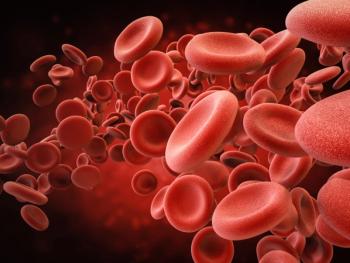
CSL Behring plans to submit regulatory applications in the US and EU in the first half of 2022 for the AAV gene therapy etranacogene dezaparvovec.

CSL Behring plans to submit regulatory applications in the US and EU in the first half of 2022 for the AAV gene therapy etranacogene dezaparvovec.
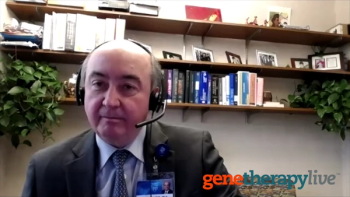
The hematologist/oncologist from Mayo Clinic discussed the role of HLA loss in common cancers and its use as a biomarker.
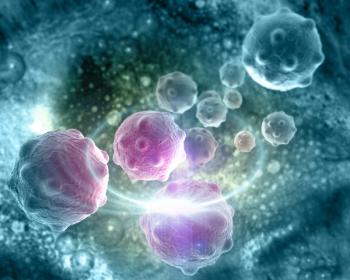
Cedrik Britten, MD, chief medical officer, Immatics discussed data on IMA203 presented at SITC 2021.
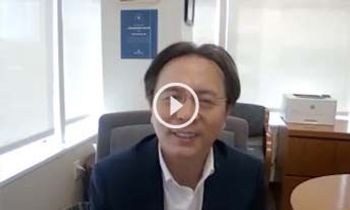
The hematologists from Moffitt Cancer Center and MD Anderson discussed managing CAR T-cell therapy-associated toxicities.
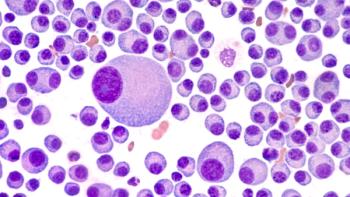
The hematologists from Moffitt Cancer Center and The University of Texas MD Anderson Cancer Center discussed CAR T-associated toxicities.
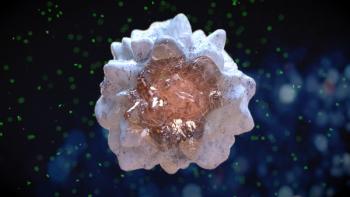
Adicet Bio reported positive interim data from the phase 1 GLEAN study.
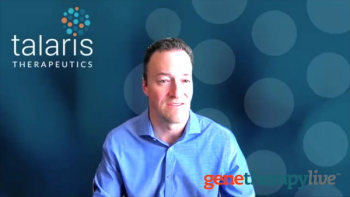
Scott Requadt, chief executive officer, Talaris Therapeutics, discussed the company’s goal to reprogram the immune system.
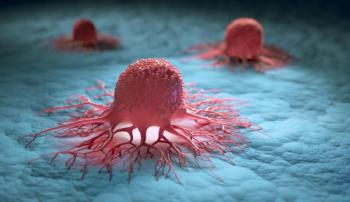
The companies will combine Imugene’s CF33-CD19 oncolytic virus and Celularity’s investigational placental-derived CAR T-cell therapy.
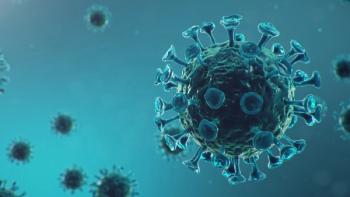
Further understanding of how COVID-19 vaccinations affect CAR T-cell therapy recipients is needed.
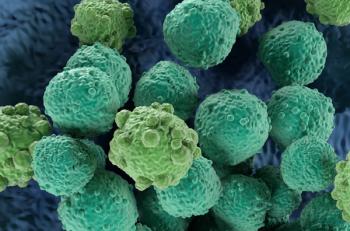
Julio Chavez, MD, MD, discussed treatment options for LBCL after relapsing on CAR T-cell therapy.
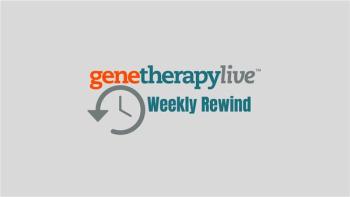
Review top news and interview highlights from the week ending December 3, 2021.

The cell therapy is approved for B-cell non-Hodgkin lymphoma and B-ALL in China.

The hematologist/oncologist from Mayo Clinic discussed the BASECAMP study and how it will inform future studies assessing Tmod technology.
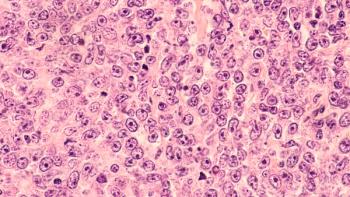
Two sites in California and Missouri are actively recruiting patients with r/r LBCL who were treated with tisagenlecleucel to receive efineptakin alfa in the study.
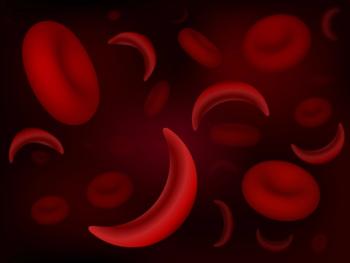
Beam Therapeutics will assess the safety and efficacy of BEAM-101 for SCD in the phase 1/2 BEACON-101 study.

The professor from The University of Texas MD Anderson Cancer Center discussed growing awareness of CAR T-cell therapy among community oncologists and patients with mantle cell lymphoma.
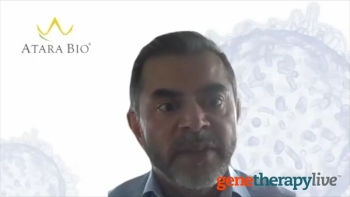
AJ Joshi, MD, chief medical officer, Atara Biotherapeutics, discussed the advantages of tab-cel over other T-cell therapies.
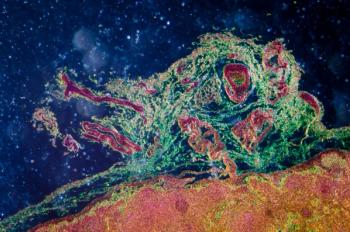
New treatment options expand management of relapsed or refractory disease.
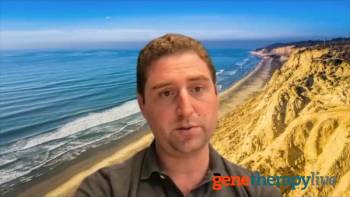
Dan Oliver, cofounder and chief executive officer, Rejuvenate Bio, discussed the advantages of developing gene therapies for both dogs and humans.
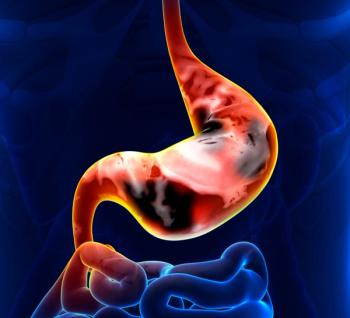
CYNK-101 is set to be evaluated in combination with standard chemotherapy, trastuzumab and pembrolizumab in a phase 1/2a study.
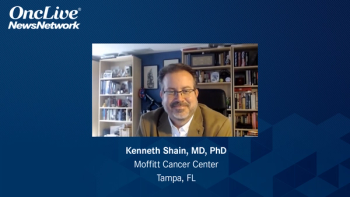
The hematologist/oncologist at Moffitt Cancer Center discussed emerging therapies for patients with relapsed/refractory multiple myeloma.
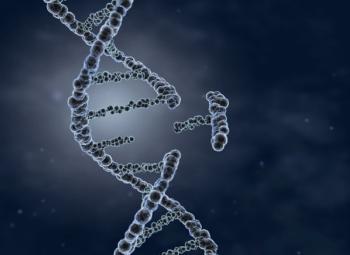
CRISPR Therapeutics presented positive data on 2 preclinical programs at the 2021 SITC meeting.
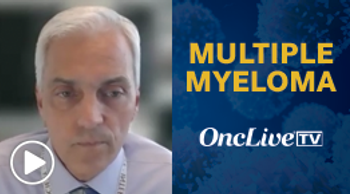
The co-leader of Cancer Immunology & Immunotherapy Program, UCSF Helen Diller Family Comprehensive Cancer Center discussed he utility of CAR T-cell therapy in late relapsed multiple myeloma.

Review top news and interview highlights from the week ending November 26, 2021.
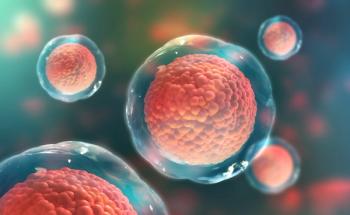
In 26 patients with LBCL followed for at least 28 days, the objective response rate (ORR) was 58% with complete responses (CRs) in 38% of patients.